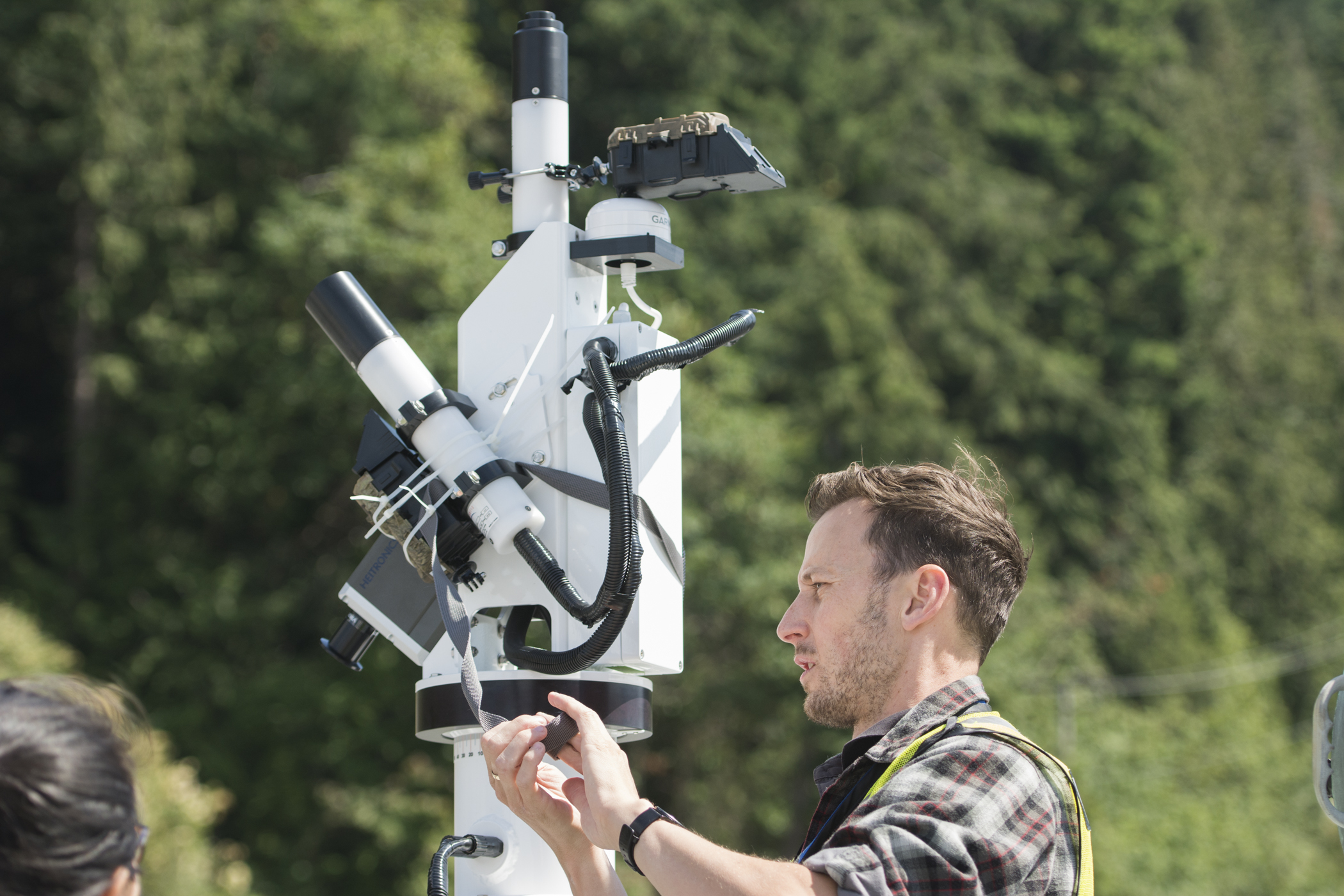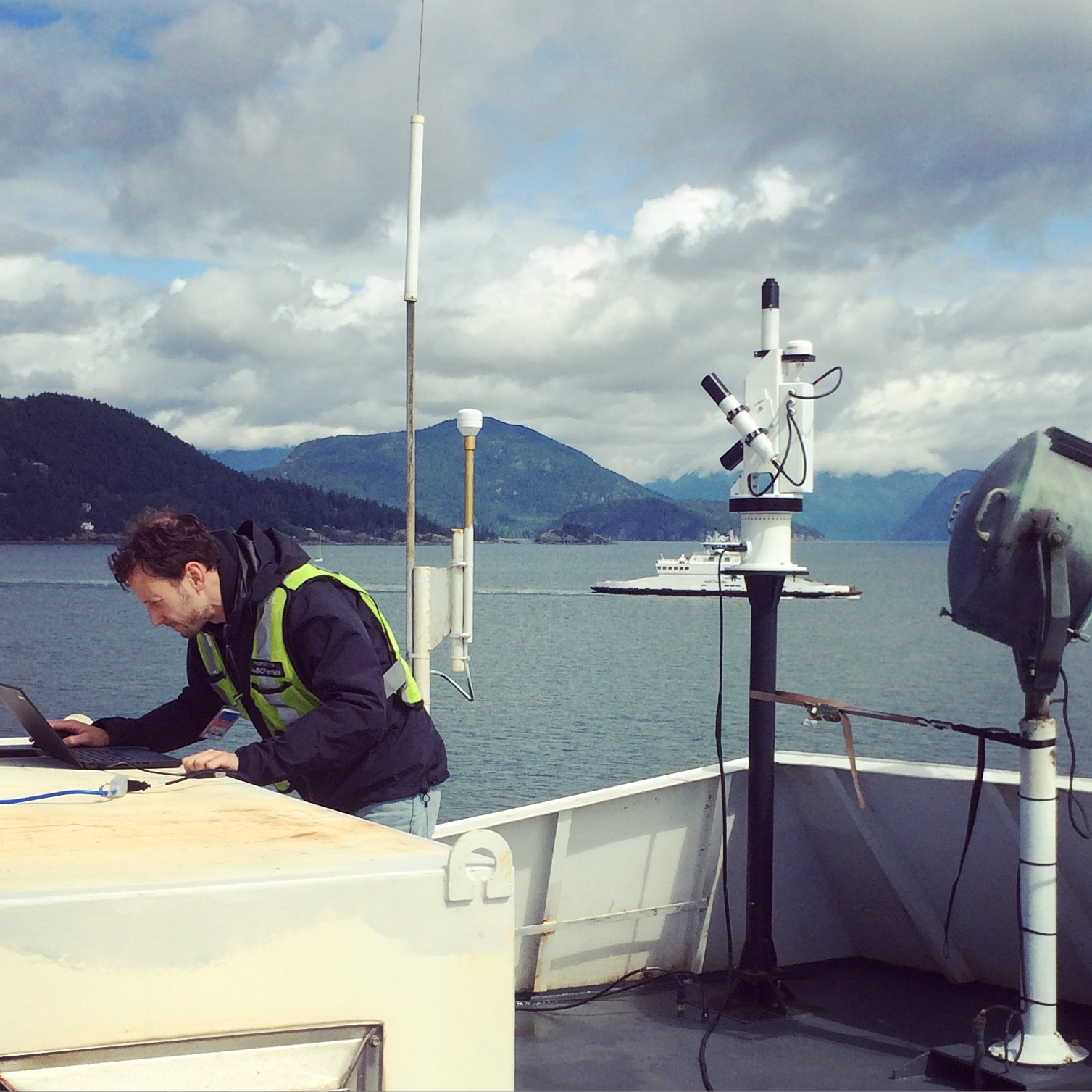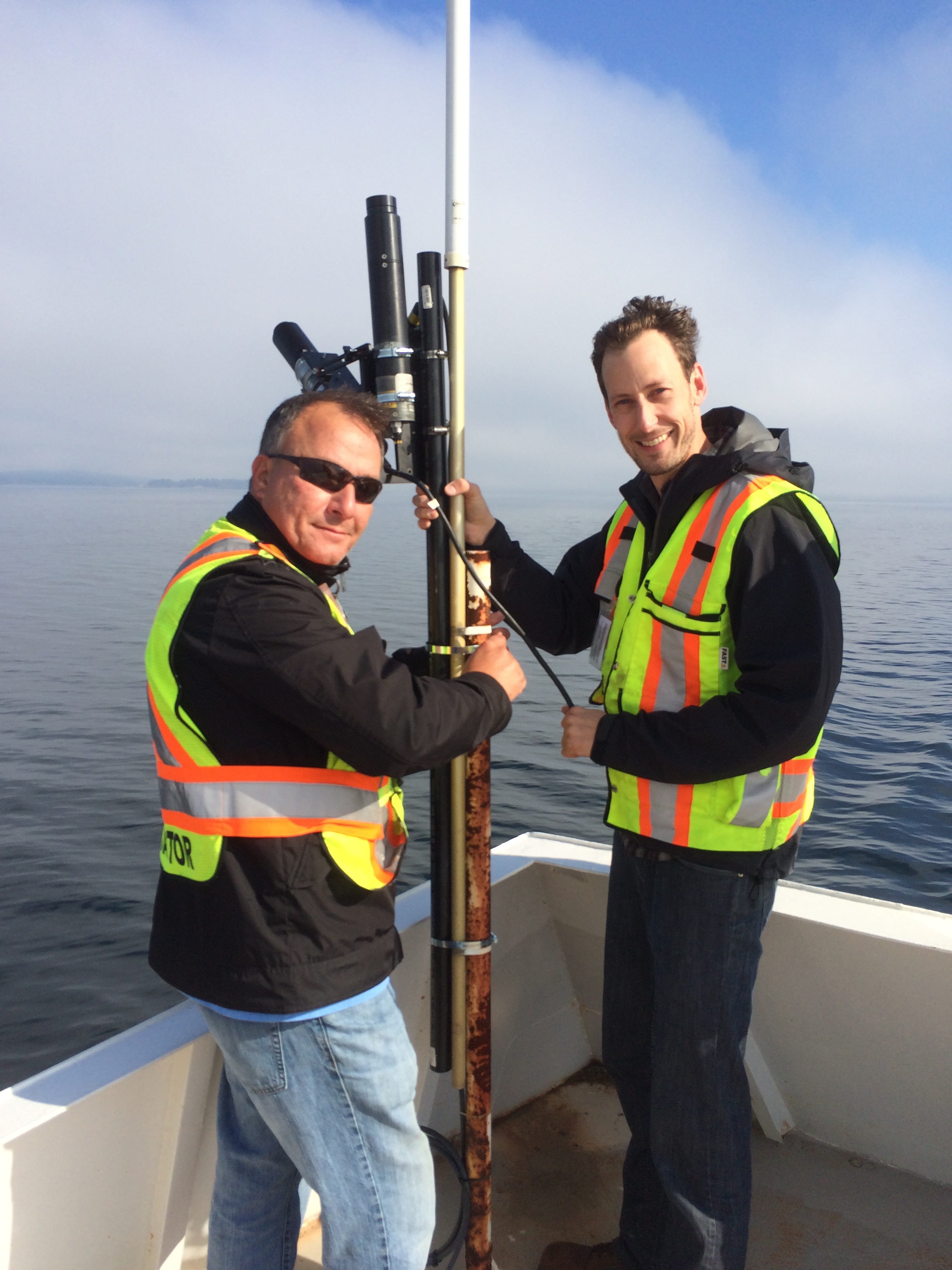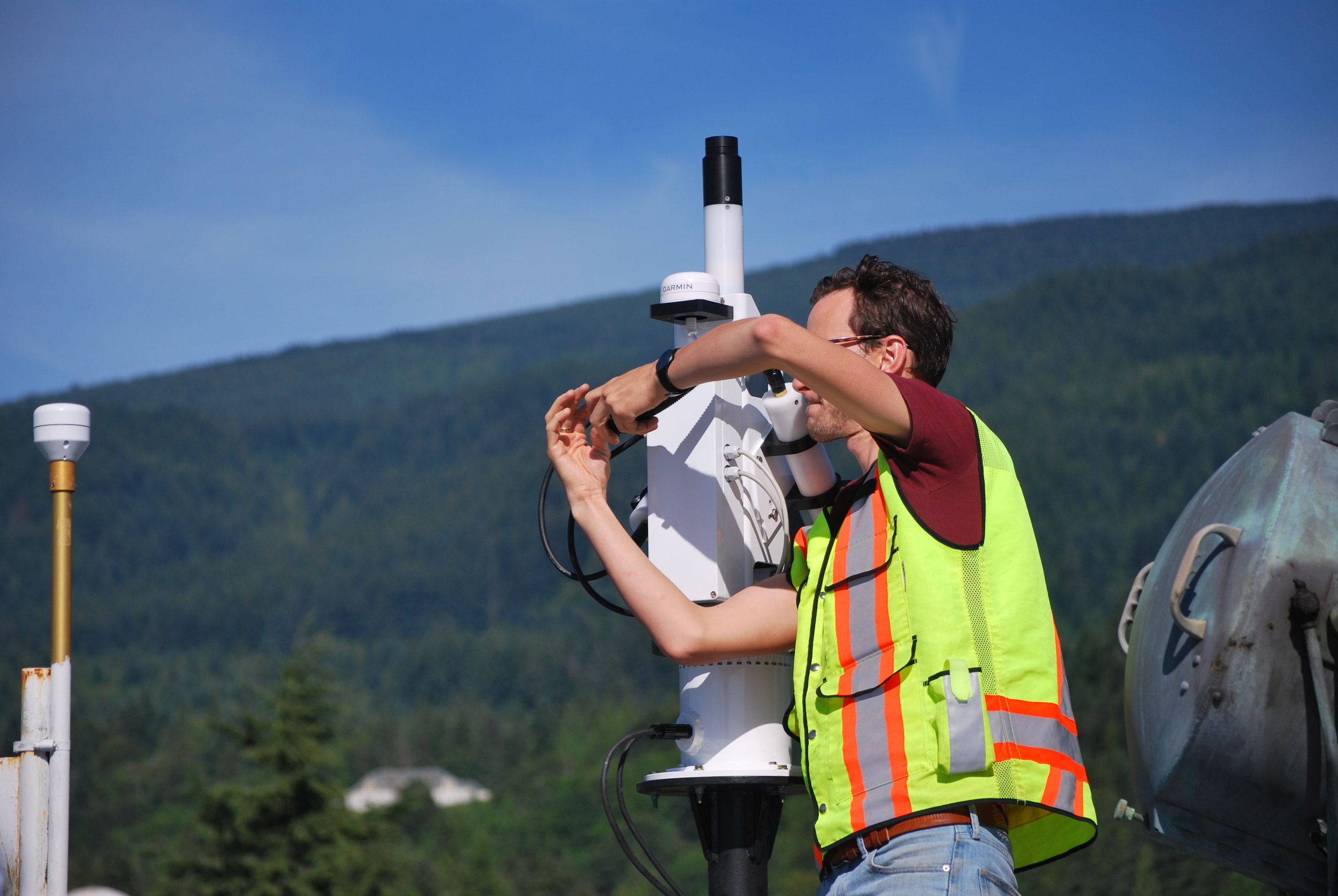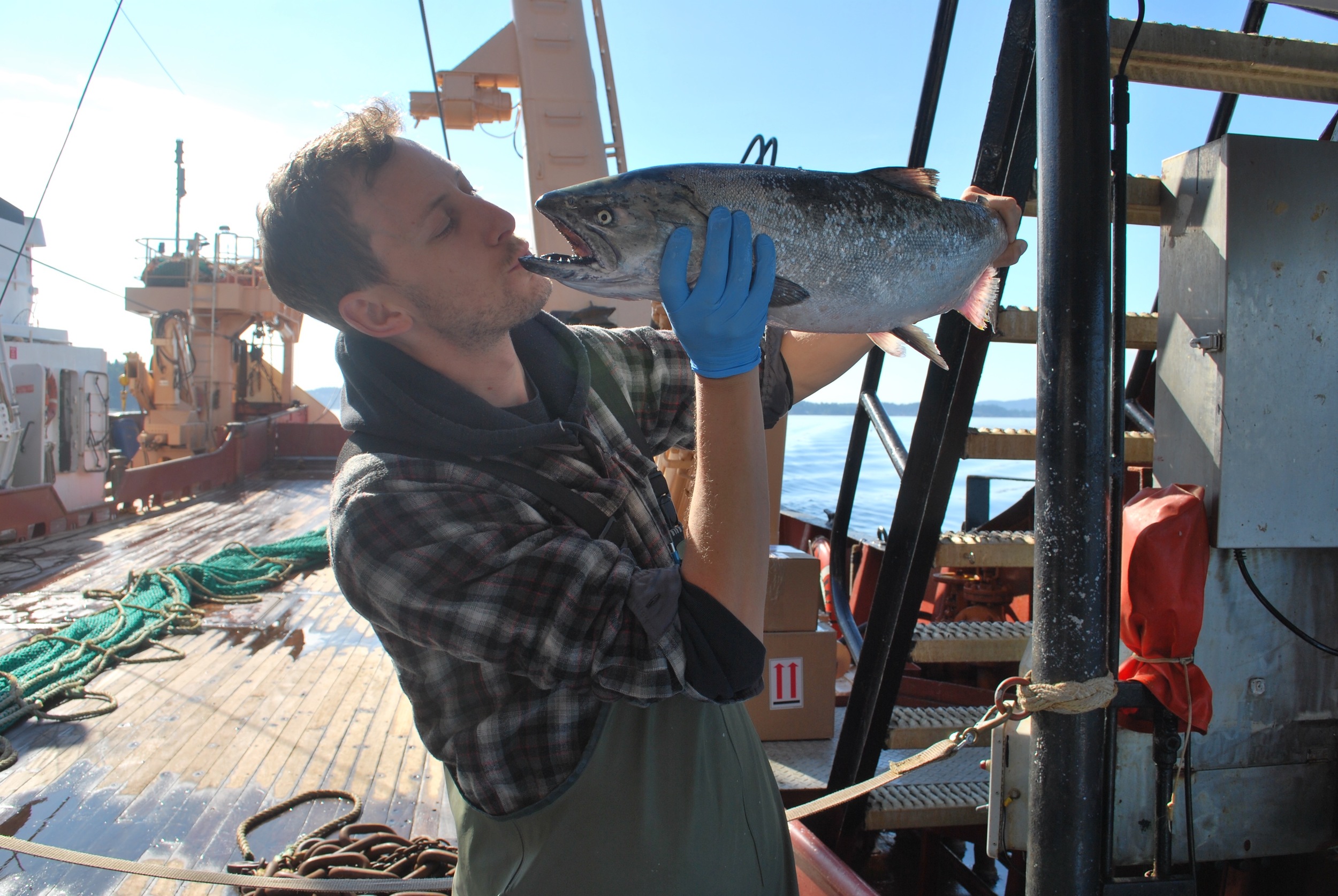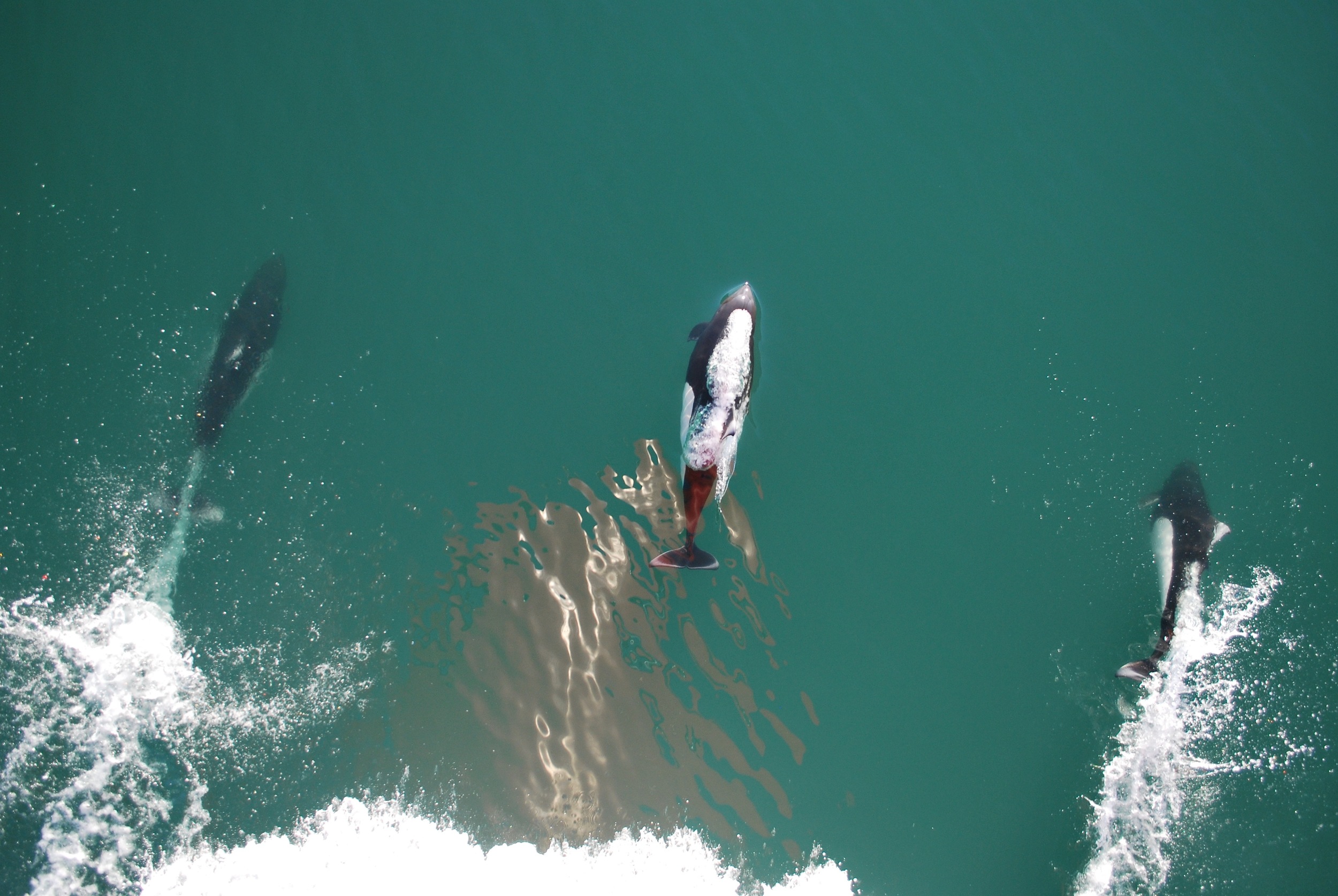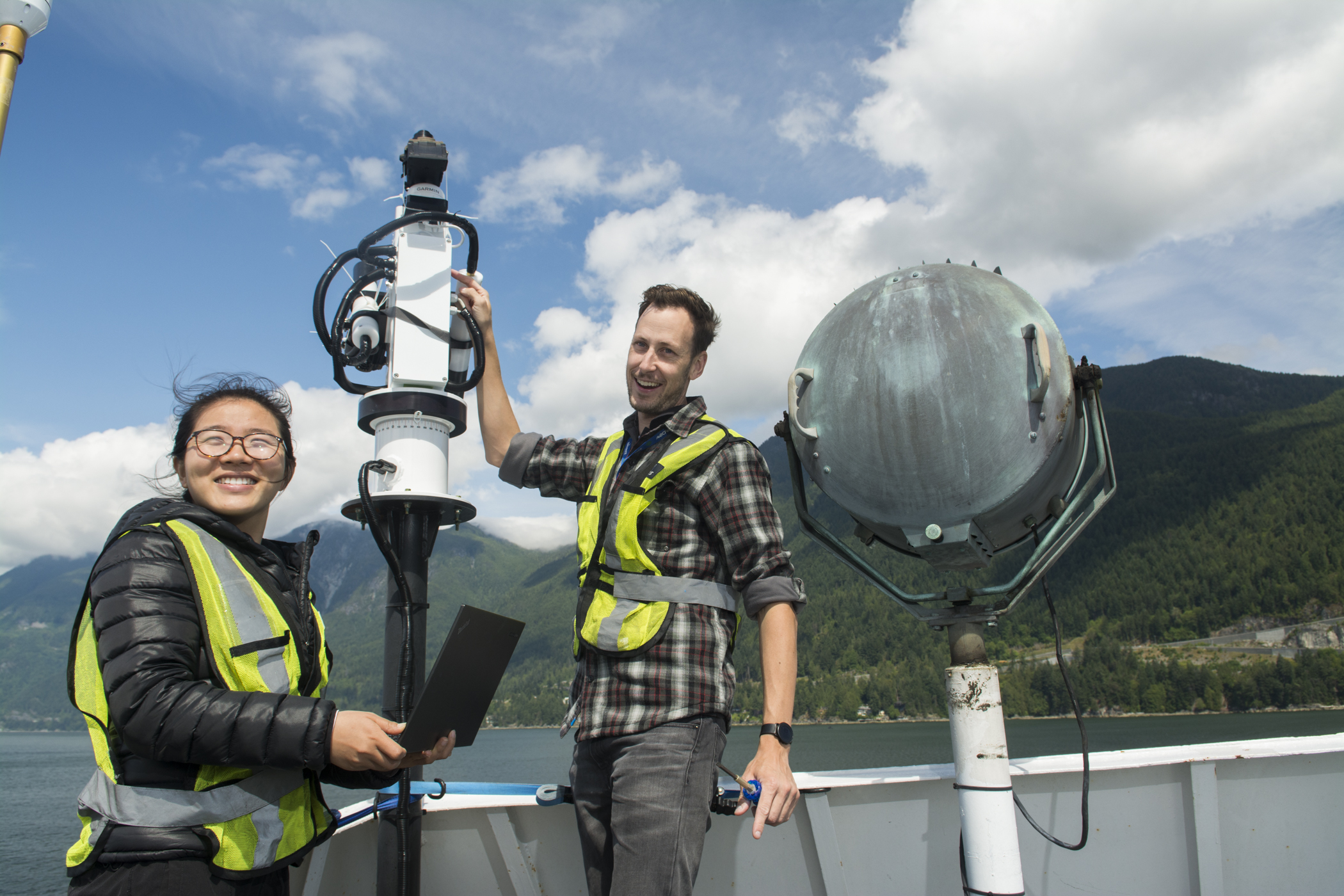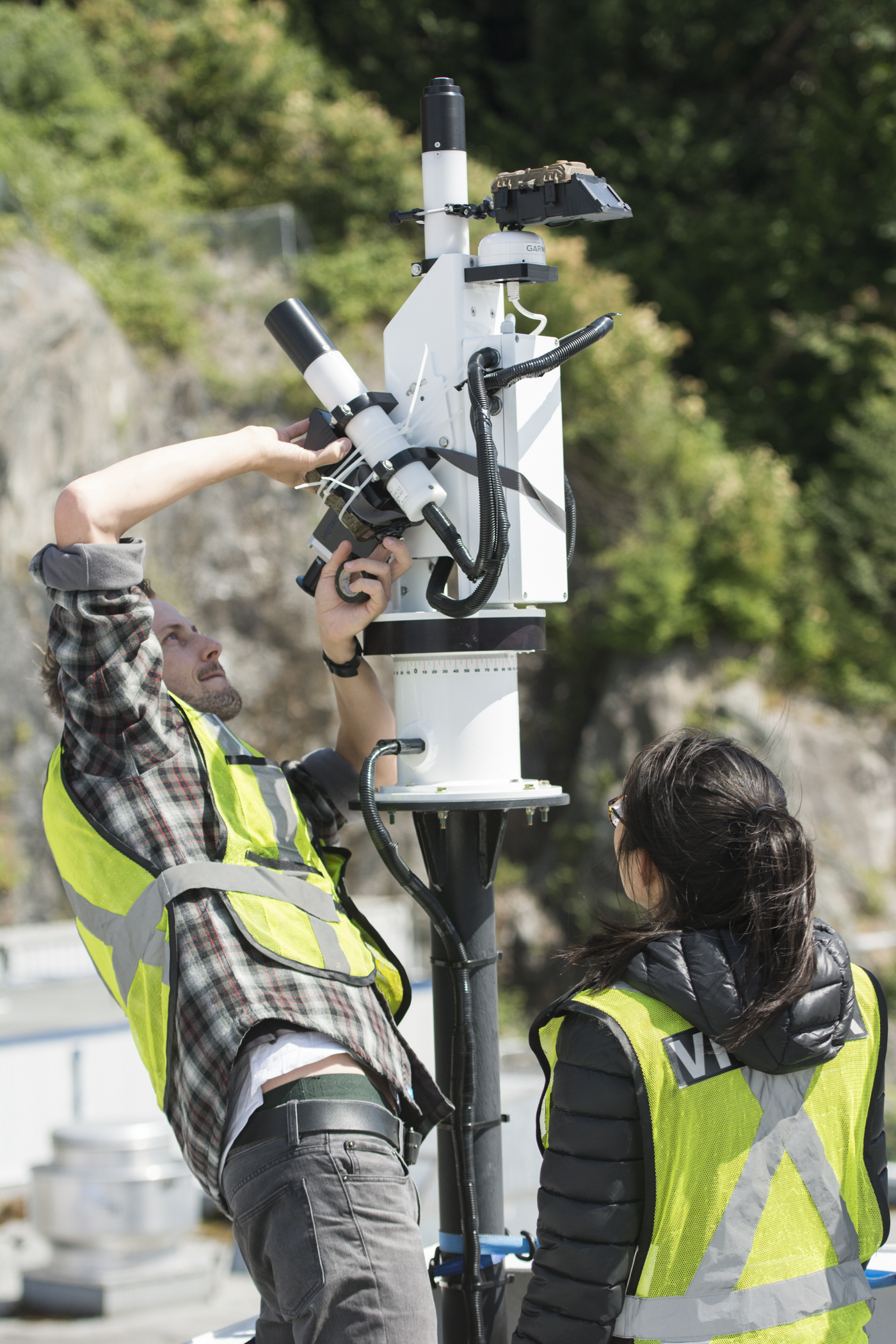Project Coordinator
MSc. Geography
BSc. Geography
BSc. Physics
Contact | MSc. Thesis | LinkedIn
Research Areas: remote sensing, ocean colour, algorithm development, optical equipment, spatial analysis, ocean dynamics.
Research Projects:
Salish Sea: My graduate research project looked at the spatio-temporal optical and biogeochemical dynamics of the Salish Sea on the west coast of Canada. Using an optical classification method I sub-regionalized the optical properties of this coastal region and used this information to parameterize satellite chlorophyll-a models with improved accuracy. My project focused on the MODIS-Aqua and Sentinel-3 ocean colour sensors. This outcomes of my research were to provide more accurate remotely sensed Chlorophyll-a data for an ecosystem based approach to effectively monitor the health of the Salish Sea.
Amazon: In the fall of 2014 I had the opportunity to be a project coordinator and researcher on the Cruizeiro do Sul, Research Cruise in Belém, Brazil. This project focused on understanding the optical dynamics of the Amazon River Plume as it migrates out into the tropical Atlantic. Using similar optical instrumentation and methods developed in the Salish Sea this was a great opportunity to apply and test my research in a new oceanic environment.
FOCOS: Ferry Ocean Colour Observation Systems (Current Project). I'm currently involved with a new project that builds on my research with two permanent ocean colour monitoring stations installed on two ships of opportunity. Through various partnerships this project will see two fully automated radiometric ocean colour instruments installed on two BC Ferries, one of which is now in operation. In conjunction with Ocean Networks Canada this project presents a unique opportunity to combine resources and provide valuable and accurate ocean colour data that will be used to better understand the health of our coastal ecosystem. As lead project coordinator I'm responsible for the successful deployment of these new systems, which are the first of their kind to go into full time operation in Canada.



